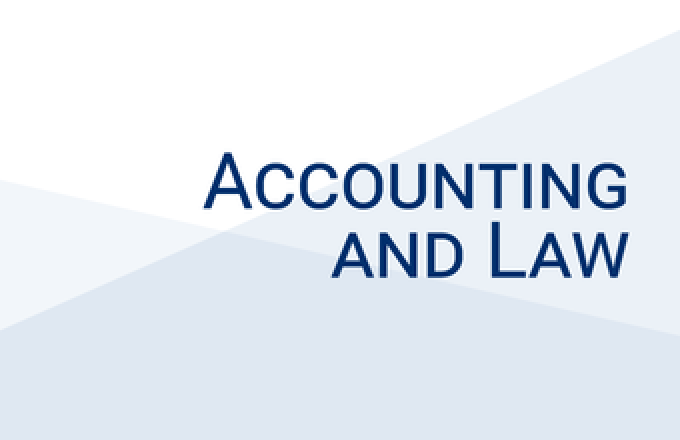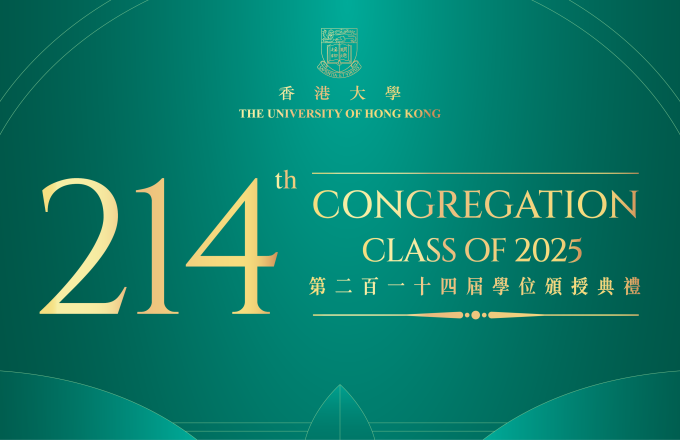
The Education-Innovation Gap
Dr. Song MA
Assistant Professor of Finance
Yale University
This paper examines the diffusion of frontier knowledge through higher education curriculum. Comparing the text of 1.7 million course syllabi with the abstract of 20 million articles published in top scientific journals, we construct the “education-innovation gap,” aimed at capturing the distance between each course and frontier knowledge. The measure is defined as the average textual similarity of each course syllabus with older publications divided by its average similarity with newer publications. We use this measure to document three findings. First, the access to knowledge is unequal across schools: the gap is lower in schools that are more selective and serve fewer disadvantaged and minority students. Second, faculty research activities complement teaching: the gap is strongly associated to instructors’ research productivity and funding, and it is lower for courses taught by research-active faculty. The gap also decreases after the instructor of a course changes. Lastly, frontier knowledge in curriculum matters for students: the gap is correlated with students’ graduation rates and incomes after graduation.










